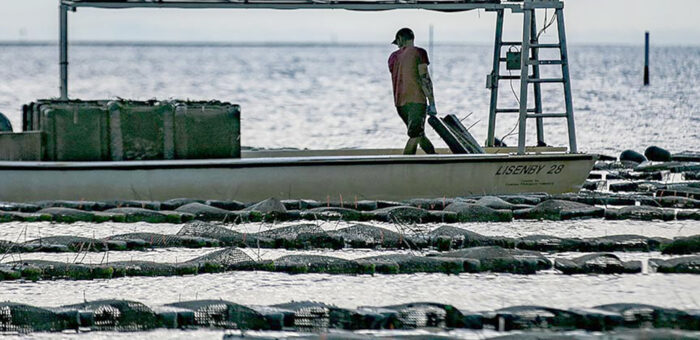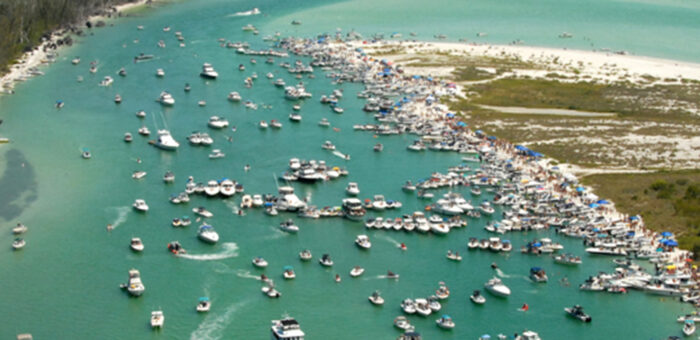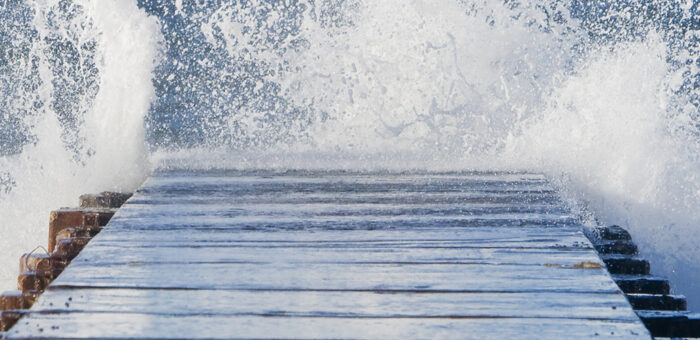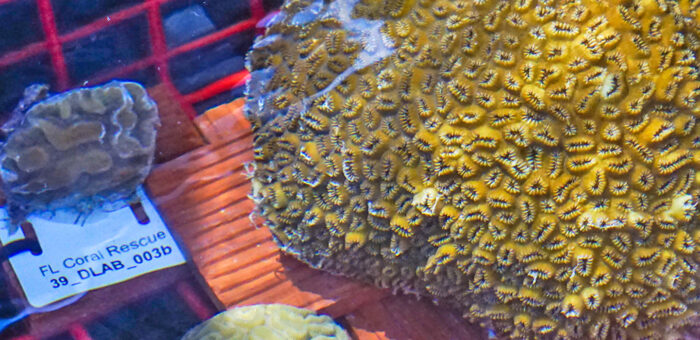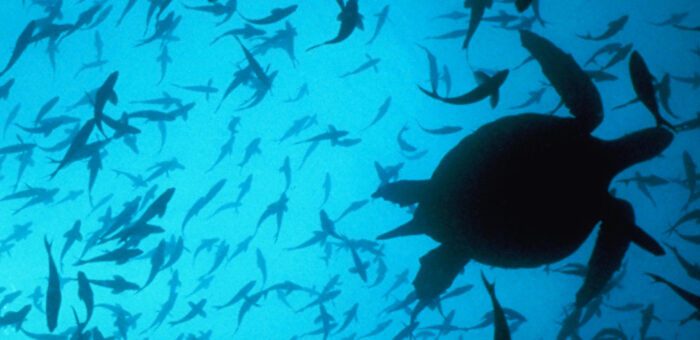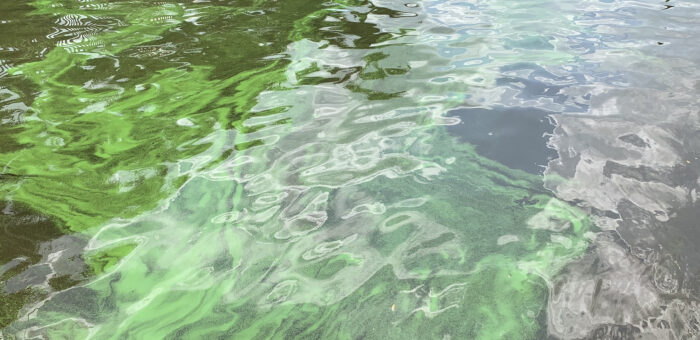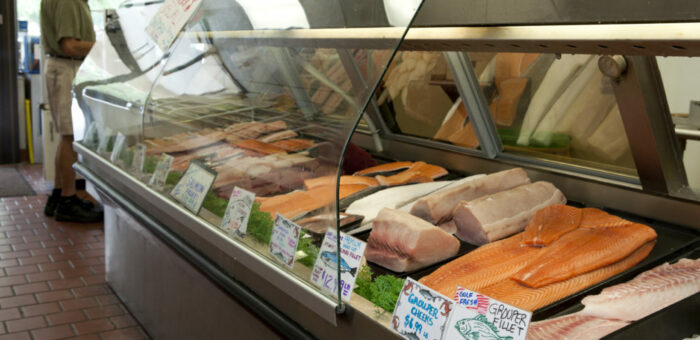Florida Sea Grant supports research, extension, and education to foster growth in sustainable aquaculture for economic and environmental benefits.
Topics
Home to more than 8,400 miles of coastline with some of the most iconic species and ecosystems on earth, Florida is a vast, rich and complex system. And the environmental, economic and socioeconomic issues it faces are equally complex from supporting a growing population of nearly 22 million residents and hosting over 120 million visitors each year. Learn more below.
Florida Sea Grant works with the recreational boating community and dependent industries to reduce the environmental footprint of vessels in our coastal waterways.
Florida Sea Grant supports local residents and communities with applied research, policy guidance and outreach to improve their literacy of climate change and resilience to coastal hazards such as sea-level rise and flooding.
Florida Sea Grant is helping steer the nation's and state's collective response to stony coral tissue loss disease, which has plagued Florida’s 360-mile-long reef tract since 2014.
Florida Sea Grant provides resources and information for the state’s coastal communities, fisheries and aquaculture industries preparing or recovering from natural disasters like tropical storms and hurricanes.
Florida Sea Grant efforts support fisheries, and the numerous recreational, commercial and community benefits, from science-based management, economic analyses, and comprehensive educational programming.
Florida Sea Grant has a long history of addressing harmful algal blooms (HABs) ranging from research to support prevention, mitigation and control – including improving public communications – to estimating the economic consequences of these events for assessing appropriate response.
Florida Sea Grant provides seafood safety education and training to ensure fishermen, growers and consumers alike can confidently sustain and enjoy the nation’s $238 billion seafood industry.
